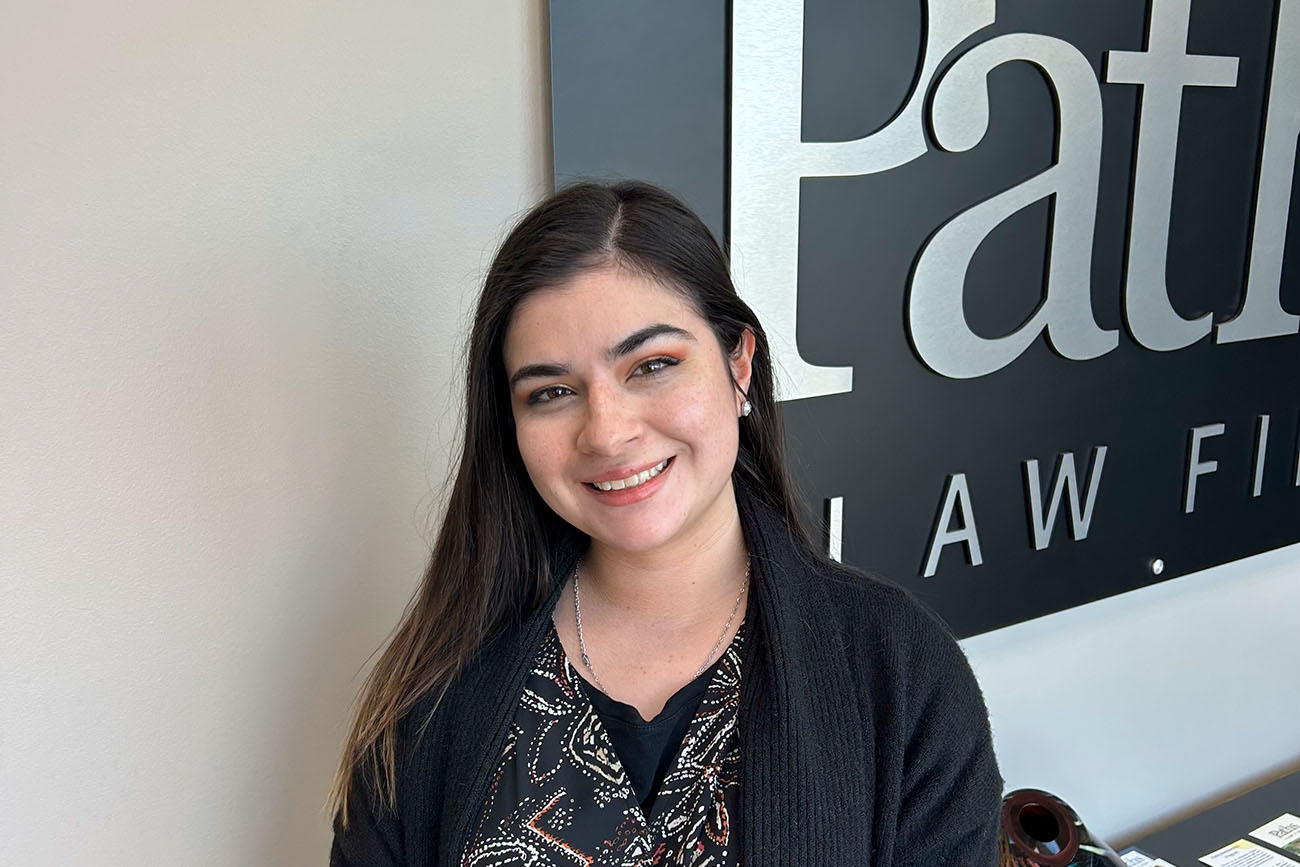Eligibility criteria can be complicated and gathering necessary documents for the Medicaid application can be overwhelming. I’ve witnessed firsthand the importance of thorough preparation when it comes to applying for Medicaid. That’s why I’m here to shed light on the essential documents needed to ensure a successful Medicaid application.
Proof of Identity
The first step in any Medicaid application is establishing identity. This typically involves providing a government-issued photo ID, such as a driver’s license or passport. For seniors who may no longer have a valid ID, alternative documents such as a birth certificate or Social Security card can be used to verify identity.
Proof of Citizenship or Legal Residency
Medicaid is typically only available to U.S. citizens or legal residents. As such, applicants must provide documentation to verify their citizenship or immigration status. This could include a birth certificate, passport, or permanent resident card, along with any relevant immigration documents.
Financial Documentation
Income and asset information are required components of the Medicaid application. Applicants must provide documentation of all sources of income, including pay stubs, Social Security statements, pension statements, and any other financial resources. Additionally, documentation of assets such as bank statements, investment accounts, real estate holdings, and life insurance policies may be required. Even though the income may be shown on the bank statements, documentation of income must be provided as Medicaid will need to know particulars, such as if any taxes are being withheld or any insurance premiums are being paid.
Medical Records
Medicaid eligibility often hinges on medical necessity, so applicants must provide documentation of their medical conditions and treatment needs. This could include medical records, doctor’s notes, prescriptions, and statements from healthcare providers. Providing thorough and up-to-date medical documentation is essential for demonstrating eligibility for Medicaid coverage. The nursing home will provide documentation if residing in one.
Proof of Long-Term Care Expenses
For seniors seeking Medicaid coverage for long-term care services, documentation of current and anticipated expenses is crucial. This could include nursing home bills, assisted living facility contracts, home health aide invoices, and other documentation of long-term care costs. Demonstrating a need for long-term care services can strengthen an applicant’s case for Medicaid eligibility.
Legal Documents
Finally, certain legal documents may be required as part of the Medicaid application process. This may include the applicant’s will, power of attorney documents, trusts, advance directives, and any guardianship or conservatorship orders. Even the applicant’s marriage license and the deed to their home will be required. These documents help establish the applicant’s legal authority and decision-making capacity.
Let’s Paths Law Firm Guide You to a Successful Medicaid Application
Completing the Medicaid application can be challenging, but having the right documentation can streamline the process and increase the likelihood of approval. At Paths Law Firm, the team understands the challenges that seniors and their families face when applying for Medicaid, and we’re here to provide guidance and support every step of the way.
For over 30 years, I’ve focused solely in elder law and Medicaid planning, and our team has extensive experience helping clients gather the necessary documentation for nursing home Medicaid approval. From reviewing financial statements to coordinating with healthcare providers, we work diligently to ensure that our clients’ applications are thorough, accurate, and well-supported.
Missouri and Kansas residents can schedule a consultation at Paths Law Firm and start the process to a successful Medicaid application today!



































